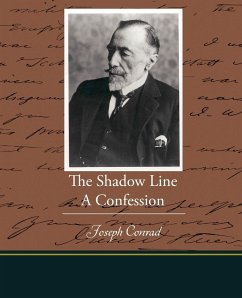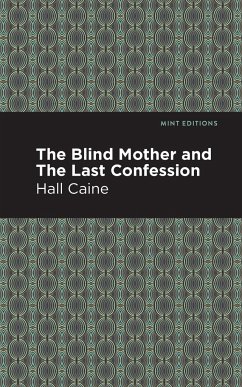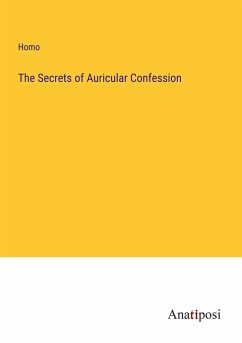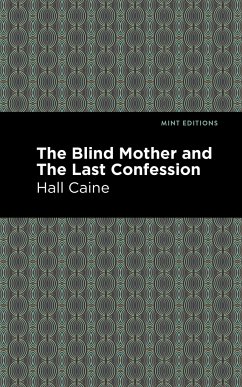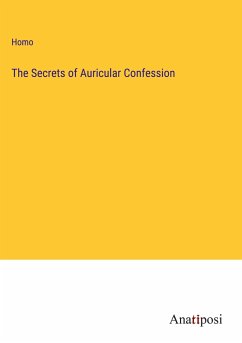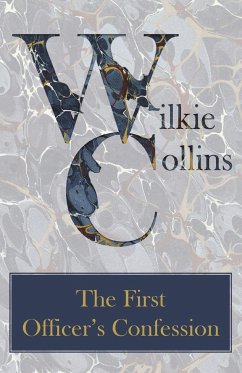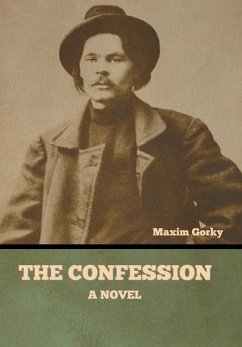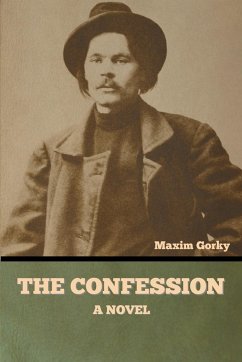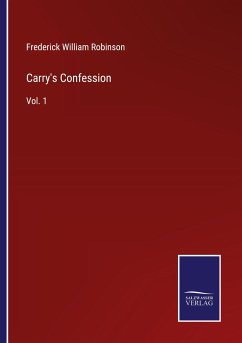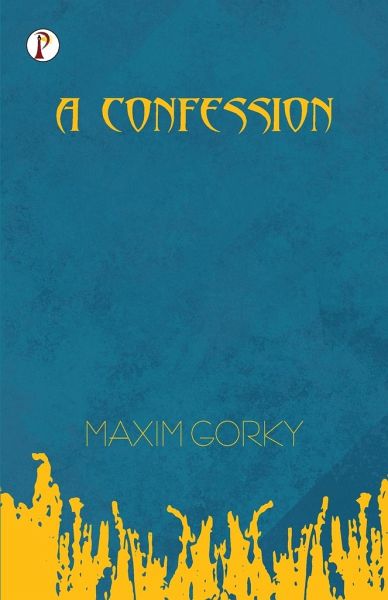
A Confession
Versandkostenfrei!
Versandfertig in 1-2 Wochen
18,99 €
inkl. MwSt.

PAYBACK Punkte
9 °P sammeln!
A Confession is a 1908 short novel by Maxim Gorky. About a pilgrim, the novel highlights the ""God-building"" movement that arose in the Russian Empire in the late 19th century. The Confession expresses Gorky's belief in humanity when strong individuals are connected to each other. It also reflects Gorky's disgust with injustice, hypocrisy, and conditions that degrade human dignity, and his faith in human potential. Gorky says, ""I am an atheist. In A Confession the idea was to show the means by which man could progress from individualism to the collectivist understanding of the world. The mai...
A Confession is a 1908 short novel by Maxim Gorky. About a pilgrim, the novel highlights the ""God-building"" movement that arose in the Russian Empire in the late 19th century. The Confession expresses Gorky's belief in humanity when strong individuals are connected to each other. It also reflects Gorky's disgust with injustice, hypocrisy, and conditions that degrade human dignity, and his faith in human potential. Gorky says, ""I am an atheist. In A Confession the idea was to show the means by which man could progress from individualism to the collectivist understanding of the world. The main character sees 'God-building' as an attempt to reconstruct social life according to the spirit of collectivism, the spirit of uniting the people on their way to one common goal: liberating man from slavery, within and without."" Alexei Maximovich Peshkov, popularly known as Maxim Gorky, was a Russian writer and political activist. He was nominated five times for the Nobel Prize in Literature. Gorky's most famous works are his early short stories, written in the 1890s; plays The Philistines (1901), The Lower Depths (1902) and Children of the Sun (1905); a poem, ""The Song of the Stormy Petrel"" (1901); his autobiographical trilogy, My Childhood, In the World, My Universities (1913-1923); and a novel, Mother (1906); and post-revolutionary works such as the novels The Artamonov Business (1925) and The Life of Klim Samgin (1925-1936), the latter is considered Gorky's masterpiece and has sometimes been viewed by critics as a modernist work. He had associations with fellow Russian writers Leo Tolstoy and Anton Chekhov, both mentioned by Gorky in his memoirs.



